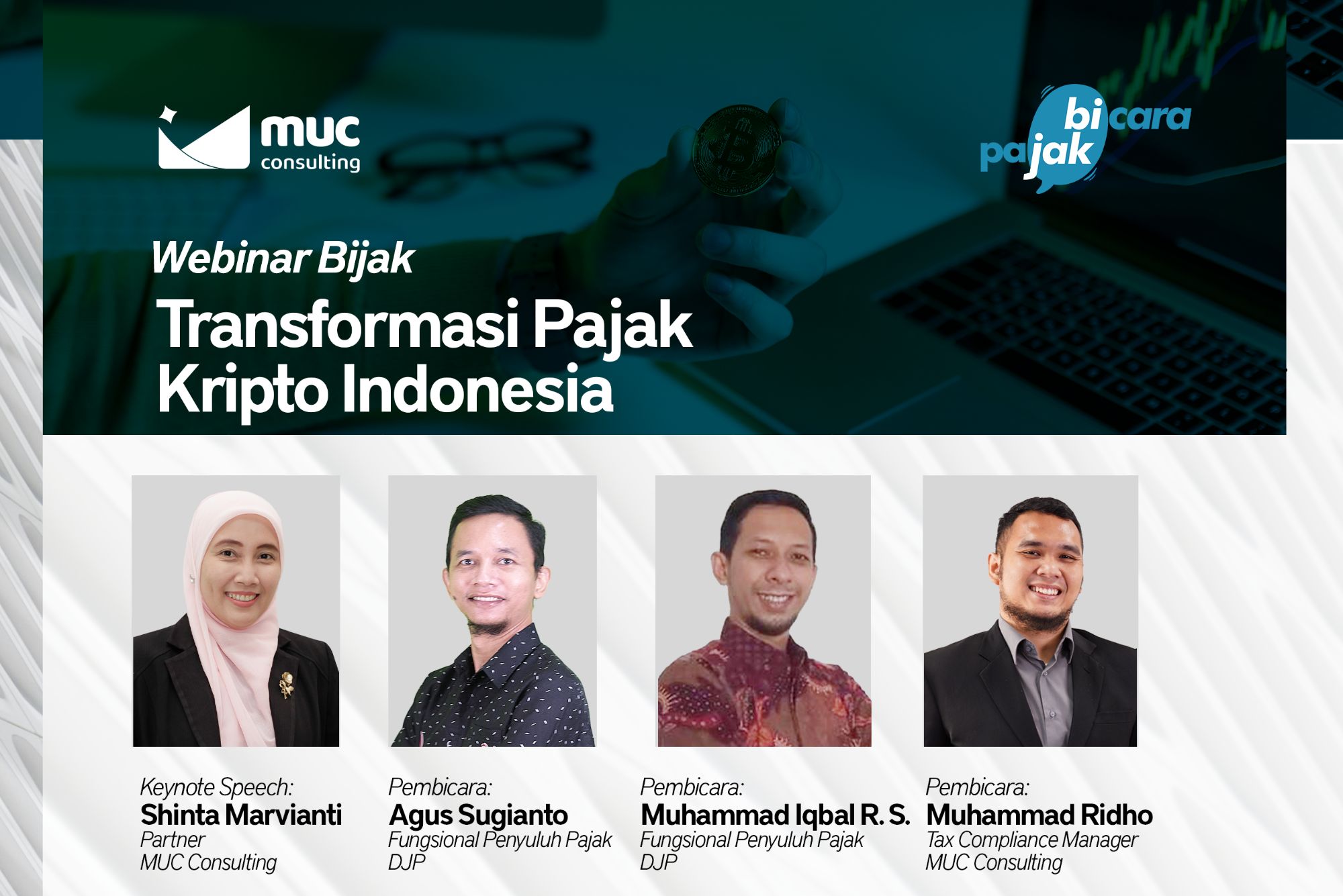Industry to Benefit from Simplified Crypto Tax Rules

JAKARTA. The issuance of Minister of Finance Regulation (PMK) Number 50 of 2025 on crypto tax is expected to make it easier for industry players to fulfill their tax obligations.
Muhammad Ridho, Manager of Tax Compliance at MUC Consulting, stated that this regulation provides legal certainty for buyers, sellers, and electronic systems for trading digital crypto assets (PMSE).
This is because the new regulation shifts crypto assets from being subject to Value-Added Tax (VAT) to being subject to Income Tax.
READ: No Longer Subject to VAT, Crypto Transactions Now Withheld Under Income Tax Article 22
The Definition of Digital Financial Assets
Digital financial assets are financial assets that are stored or represented digitally, including crypto assets. Crypto assets are a digital representation of value that can be stored and transferred using technology.
This technology allows the use of a distributed ledger, such as blockchain, to verify transactions and ensure security. Unlike traditional assets, their validation is not guaranteed by authorities like a central bank but is instead issued by private parties.
Crypto assets can also be transacted, stored, and moved electronically. They can take the form of digital coins, tokens, or other asset representations, including backed and unbacked crypto assets.
Difficulty in Measuring Value Added
According to Ridho, if crypto assets remained subject to VAT, it would be difficult to determine the "value added" during transactions due to the high volatility of cryptocurrency.
Additionally, if VAT were applied, crypto transactions would require the issuance of tax withholding slips and tax invoices, as well as the submission of VAT returns. He made these comments during a webinar titled MUC Bicara Pajak (MUC BIJAK) on Tuesday, September 16.
Stimulating Domestic Crypto Transactions
Ridho also noted several other changes, such as the new PPh rates for crypto transactions.
Before PMK 50/2025, a final Income Tax Article 22 tax of 0.1% was collected by the Commodity Futures Trading Regulatory Agency (Bappebti), while a 0.2% rate was applied to transactions not processed through Bappebti.
With the new regulation, the Income Tax Article 22 tax rates are now categorized as follows:
- Transactions through a domestic PMSE: 0.21%
- Transactions collected abroad or self-paid: 1%
Ridho believes these new rates are expected to stimulate the crypto asset market and encourage an increase in crypto transactions within Indonesia. "The significant difference between the 0.21% and 1% rates is a key factor," he said.
READ: DGT Releases Criteria for E-Commerce Platforms Collecting Crypto Taxes and Marketplace Sellers
The Rationale Behind the Changes
During the same event, Agus Sugianto, a Tax Extension Functional Officer from the Directorate General of Taxes (DGT), explained that the change in crypto tax treatment was made because the government no longer classifies crypto assets as commodities but rather as a part of digital assets.
This change aligns with the enactment of Law Number 4 of 2023 concerning the Development and Strengthening of the Financial Sector (UU P2SK). Starting January 10, 2025, the government transferred the oversight of crypto assets from Bappebti to the Financial Services Authority (OJK) through Government Regulation Number 49 of 2024.
As a result, crypto assets are now treated similarly to securities. "This means that crypto assets are now a category of goods that are not subject to VAT," Agus explained. (ASP/KEN)


